With Knight Initiative support, they plan to test it on people soon.
🔗 brainresilience.stanford.edu/news/new-ult...

With Knight Initiative support, they plan to test it on people soon.
🔗 brainresilience.stanford.edu/news/new-ult...
Ted Wilson - Unveiling early Alzheimer’s: biomarkers and breakthroughs on the path to brain resilience.
Raag Airan - Ultrasonic debris clearance for improving neurofluid flow and decreasing neuroinflammation.


Ted Wilson - Unveiling early Alzheimer’s: biomarkers and breakthroughs on the path to brain resilience.
Raag Airan - Ultrasonic debris clearance for improving neurofluid flow and decreasing neuroinflammation.




John W. Day, Soyon Hon @soyonhonglab.bsky.social,
Alina Isakova, Andrew C. Yang, Hongkui Seng @hongkuizeng.bsky.social, and Xuchen Zhang.

John W. Day, Soyon Hon @soyonhonglab.bsky.social,
Alina Isakova, Andrew C. Yang, Hongkui Seng @hongkuizeng.bsky.social, and Xuchen Zhang.
Kristy Zera - Blocking the VLA4/VCAM1 axis prevents infarct-induced neurodegeneration by reducing neuroinflammation & promoting vascular integrity
Carla Shatz - Convergence of signals for pruning at a synaptic receptor implicated in Alzheimer's Disease


Kristy Zera - Blocking the VLA4/VCAM1 axis prevents infarct-induced neurodegeneration by reducing neuroinflammation & promoting vascular integrity
Carla Shatz - Convergence of signals for pruning at a synaptic receptor implicated in Alzheimer's Disease
Stanford affiliates, sign up to present a poster by Oct 2.
brainresilience.stanford.edu/events/knigh...

Stanford affiliates, sign up to present a poster by Oct 2.
brainresilience.stanford.edu/events/knigh...



At @stanfordneuro.bsky.social, Vanessa Langness, Danielle Simmons, and Frank Longo reviewed 400+ preclinical studies to identify key differences in timing, study design, and disease stage.
brainresilience.stanford.edu/news/why-pro...




At @stanfordneuro.bsky.social, Vanessa Langness, Danielle Simmons, and Frank Longo reviewed 400+ preclinical studies to identify key differences in timing, study design, and disease stage.
brainresilience.stanford.edu/news/why-pro...
Syed Bukhari, Primary Neuroanatomist at the Brain Resilience Lab, led a hands-on anatomy workshop for Stanford researchers—sharing expertise and building connections across the brain resilience community.




Syed Bukhari, Primary Neuroanatomist at the Brain Resilience Lab, led a hands-on anatomy workshop for Stanford researchers—sharing expertise and building connections across the brain resilience community.

brainresilience.stanford.edu/our-science/...
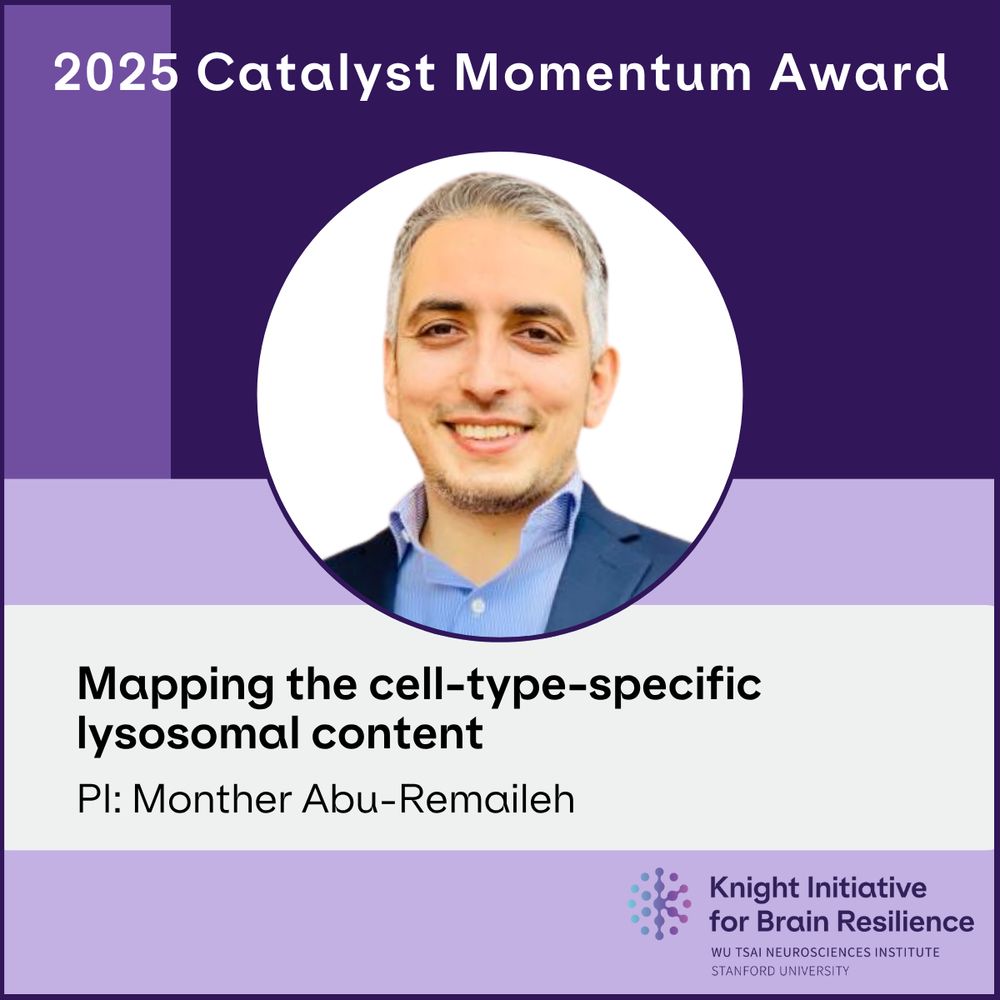
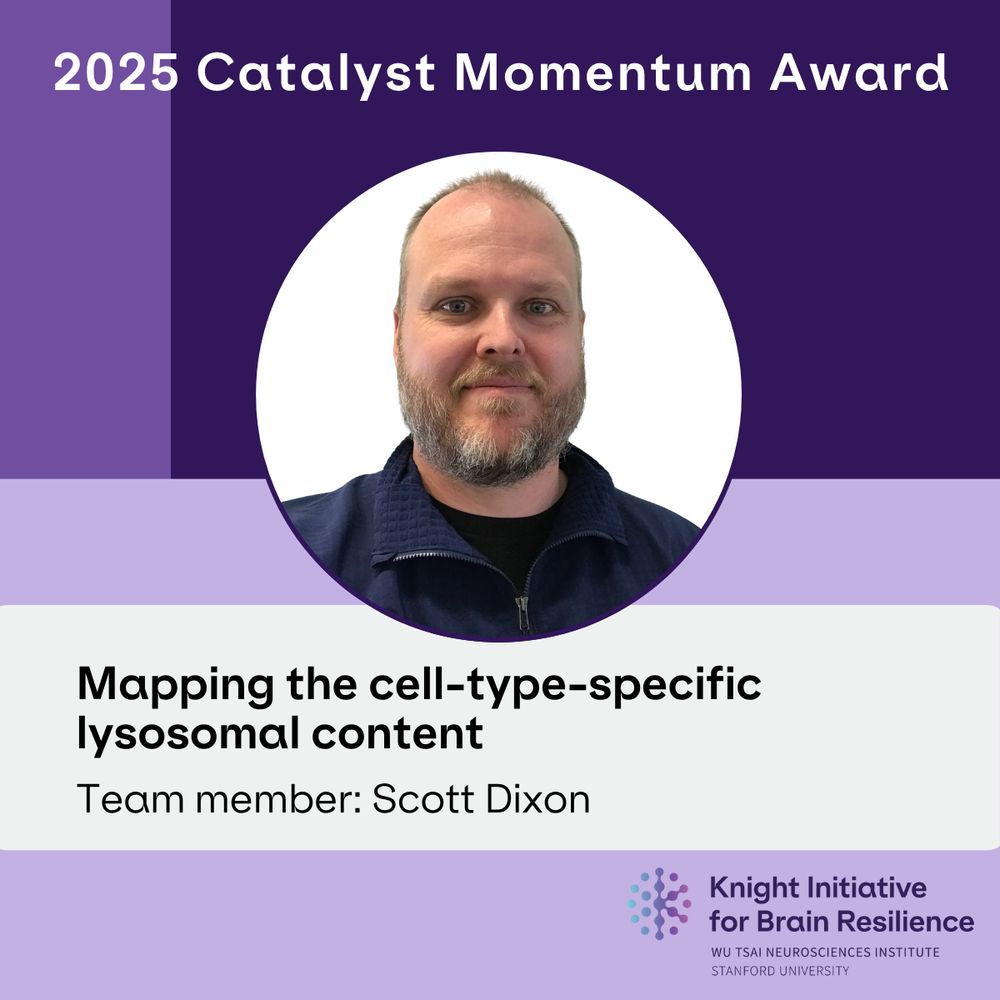
brainresilience.stanford.edu/our-science/...
Highlights include:
🧠 Early biomarkers
🧪 Lysosomal function
💉 Shingles vaccine & reduced dementia risk
📣 Lived experience
📊 72 Stanford posters
brainresilience.stanford.edu/news/knight-...
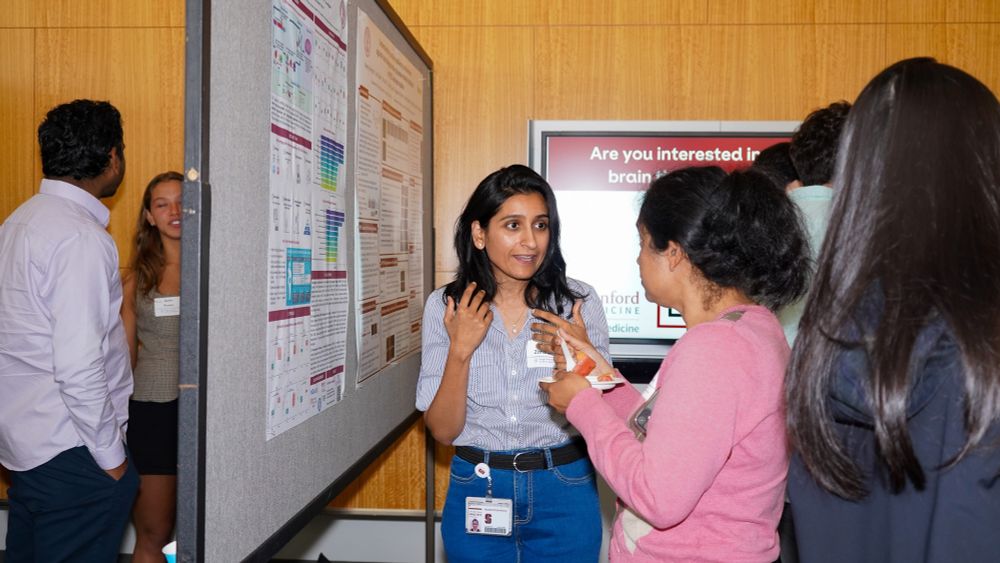
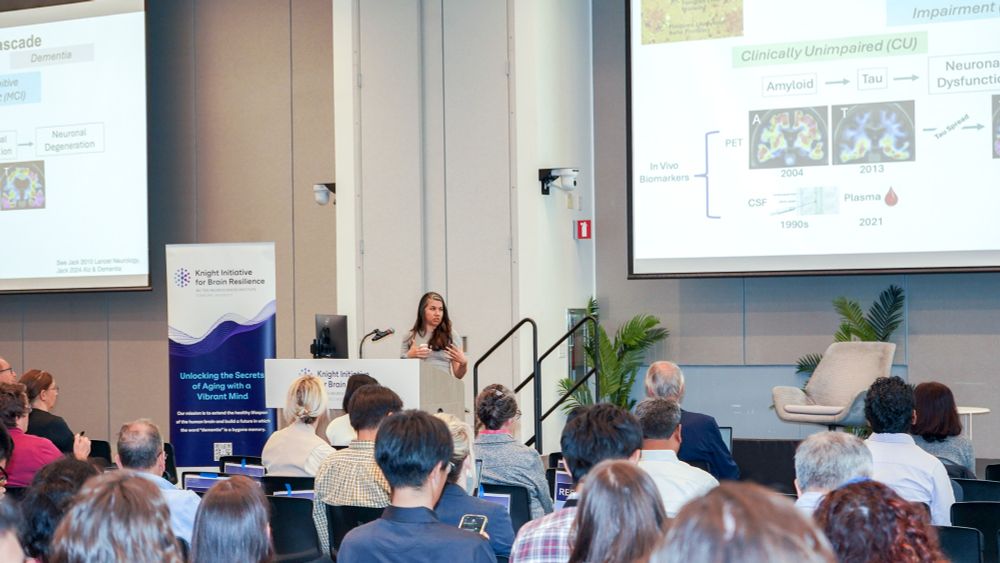
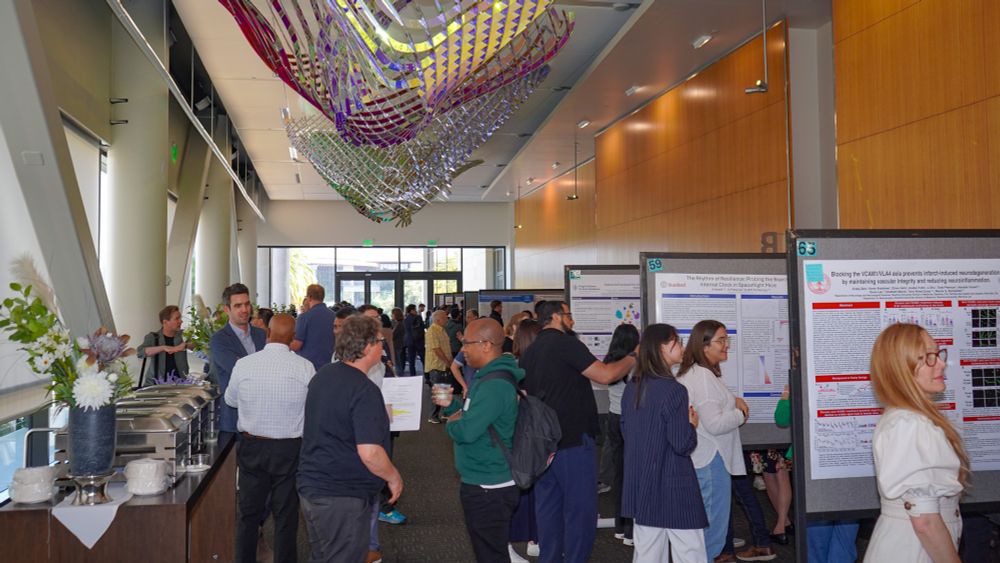
Highlights include:
🧠 Early biomarkers
🧪 Lysosomal function
💉 Shingles vaccine & reduced dementia risk
📣 Lived experience
📊 72 Stanford posters
brainresilience.stanford.edu/news/knight-...
Read more: med.stanford.edu/news/all-new...
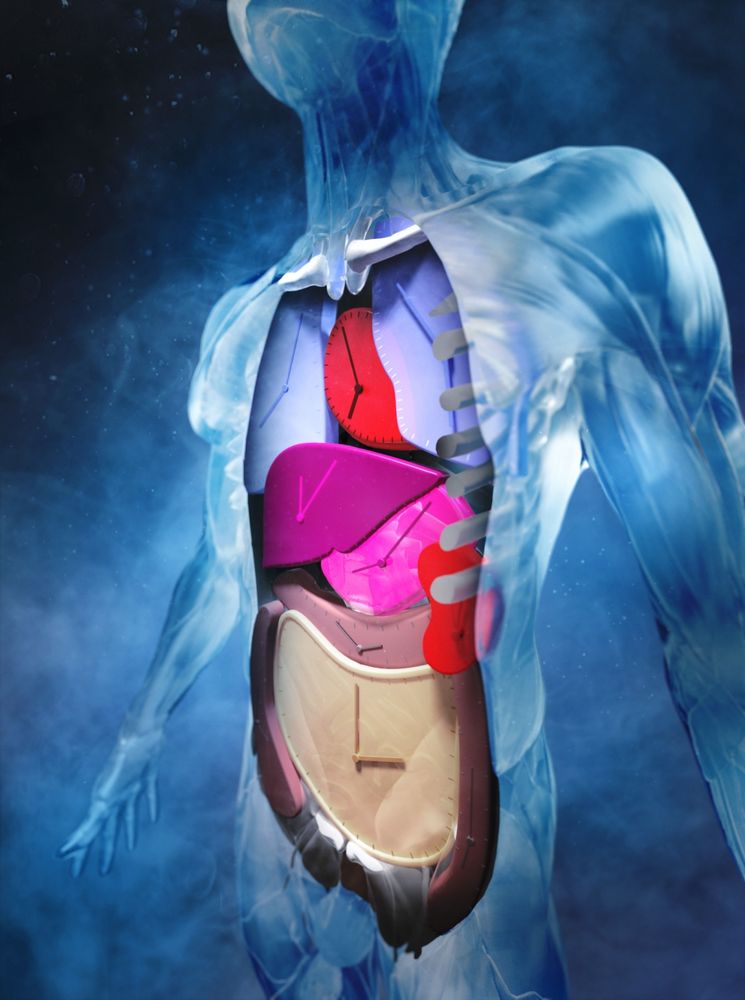
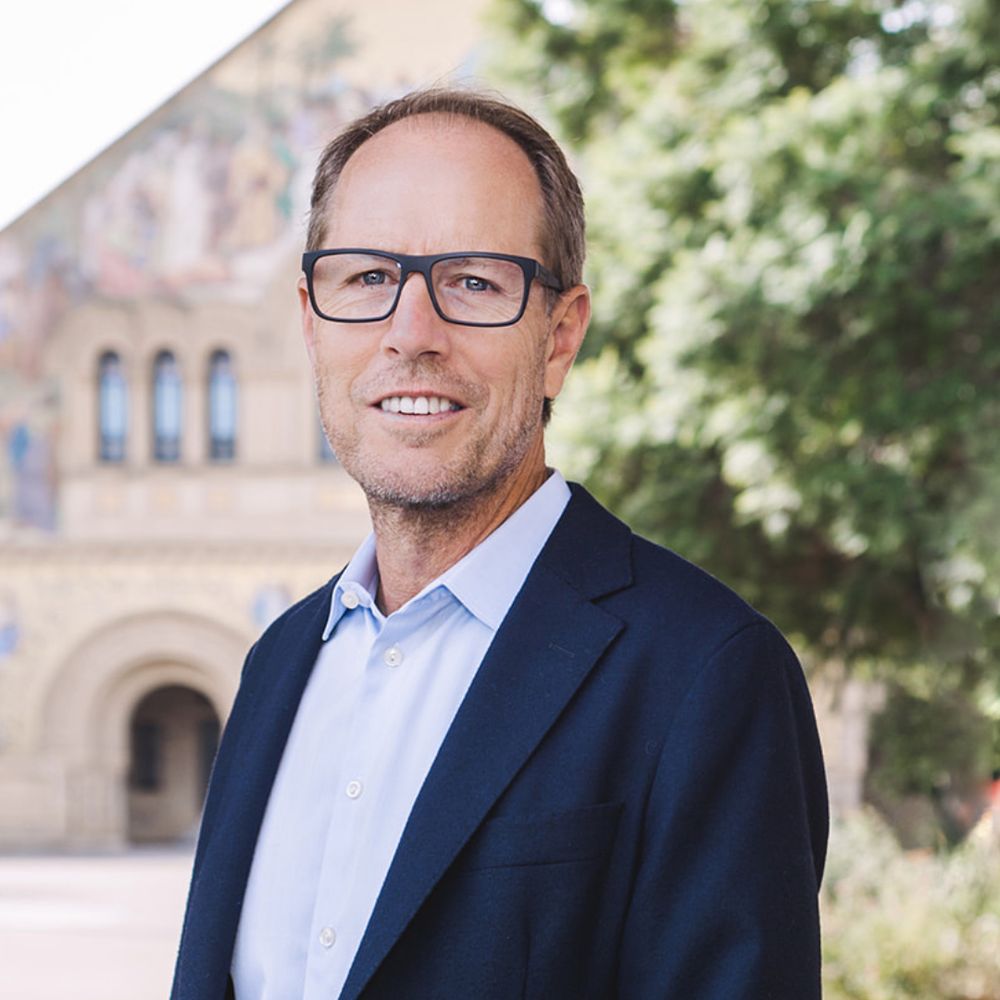
Read more: med.stanford.edu/news/all-new...
🧠Early Alzheimer’s tau
🧠Moment-to-moment attention
🔗 brainresilience.stanford.edu/news/two-roa...
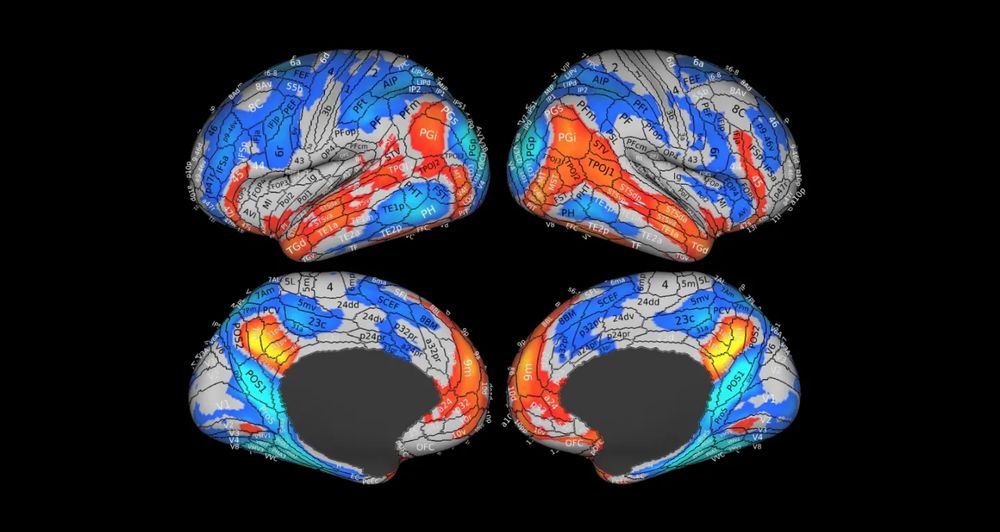
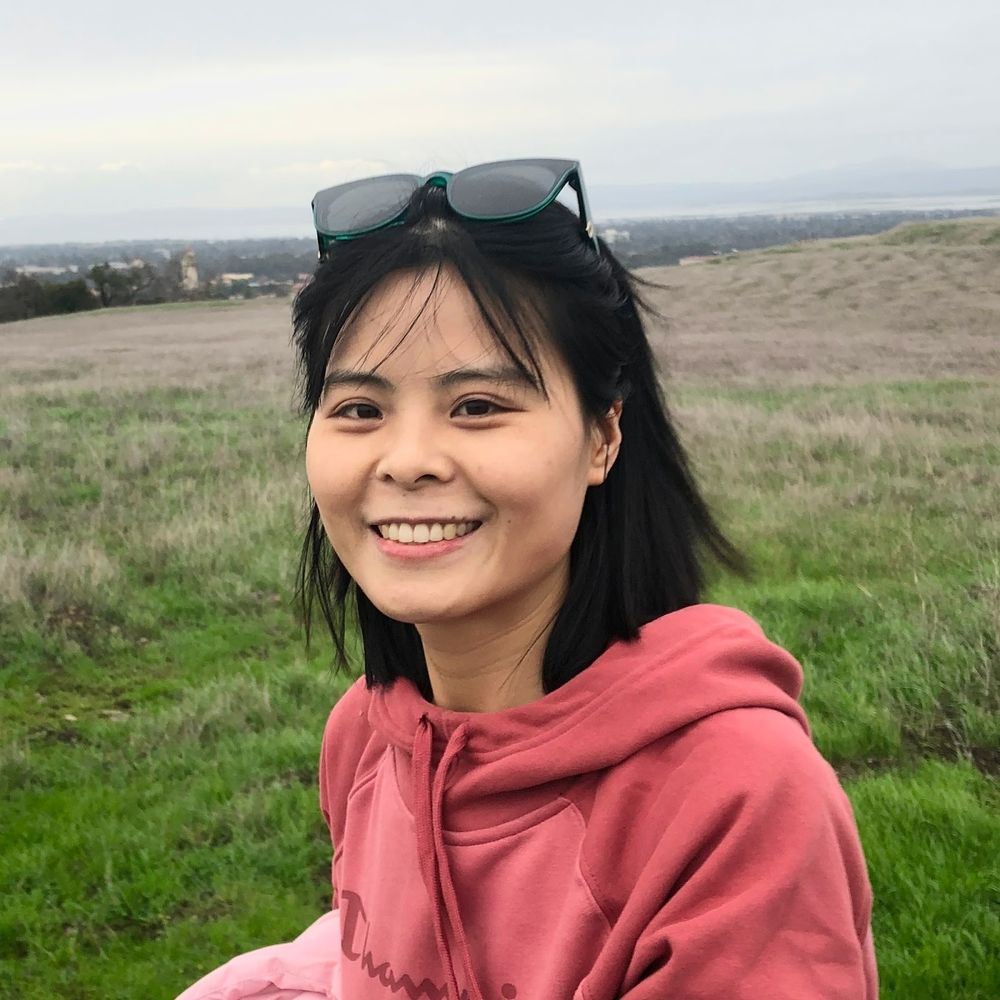
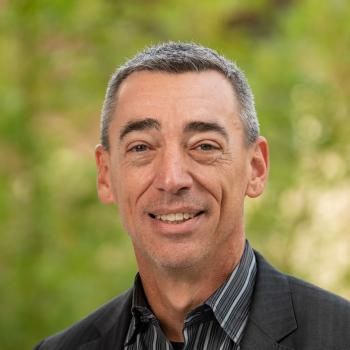
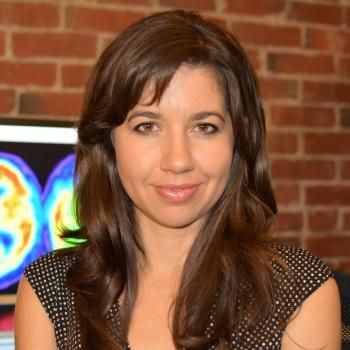
🧠Early Alzheimer’s tau
🧠Moment-to-moment attention
🔗 brainresilience.stanford.edu/news/two-roa...
🔗 news.stanford.edu/stories/2025...
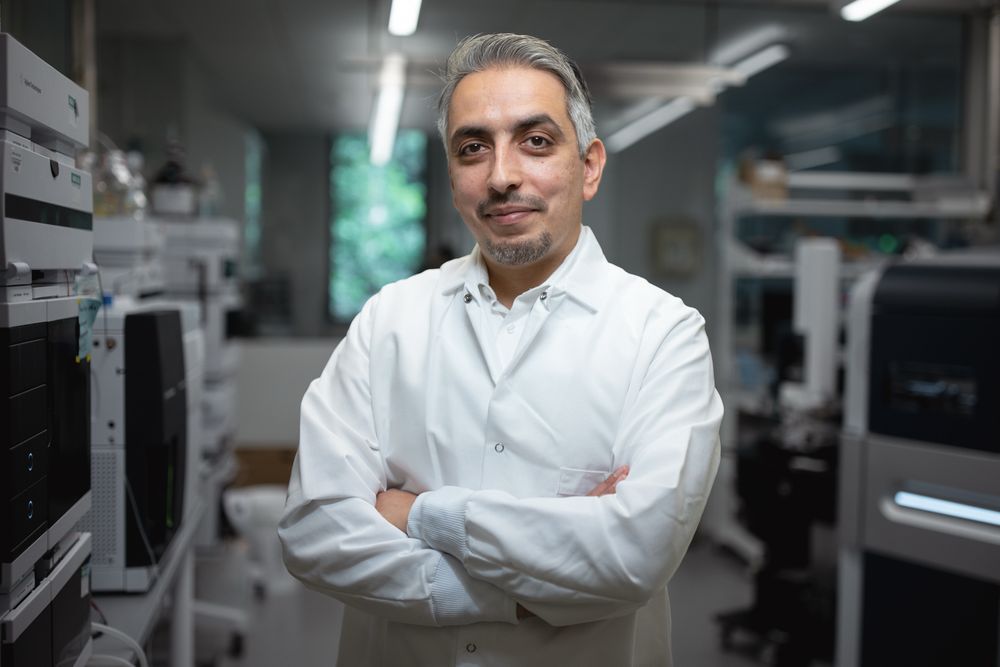
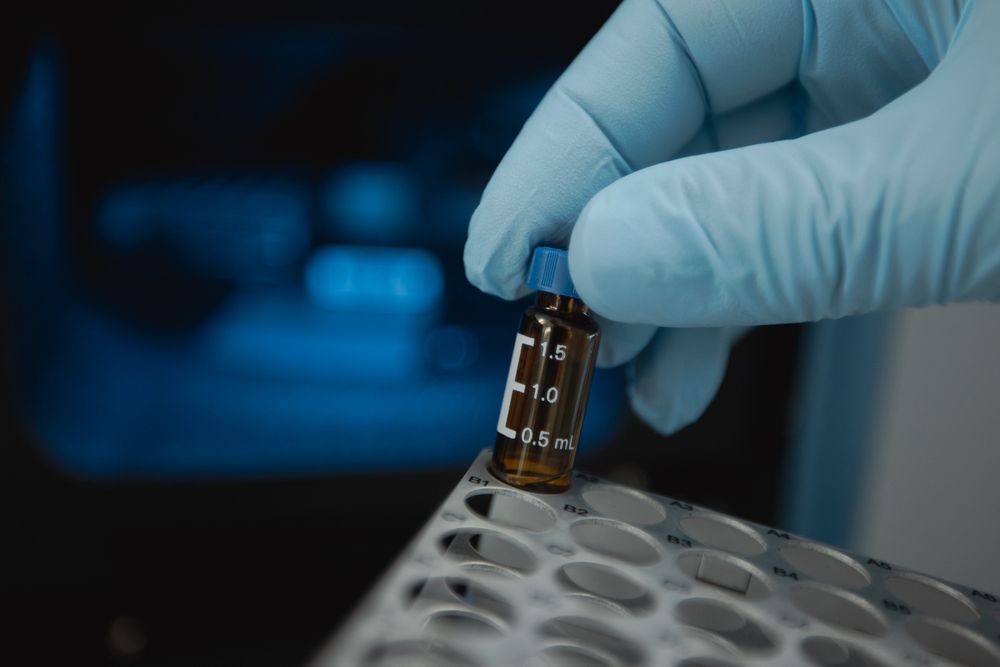
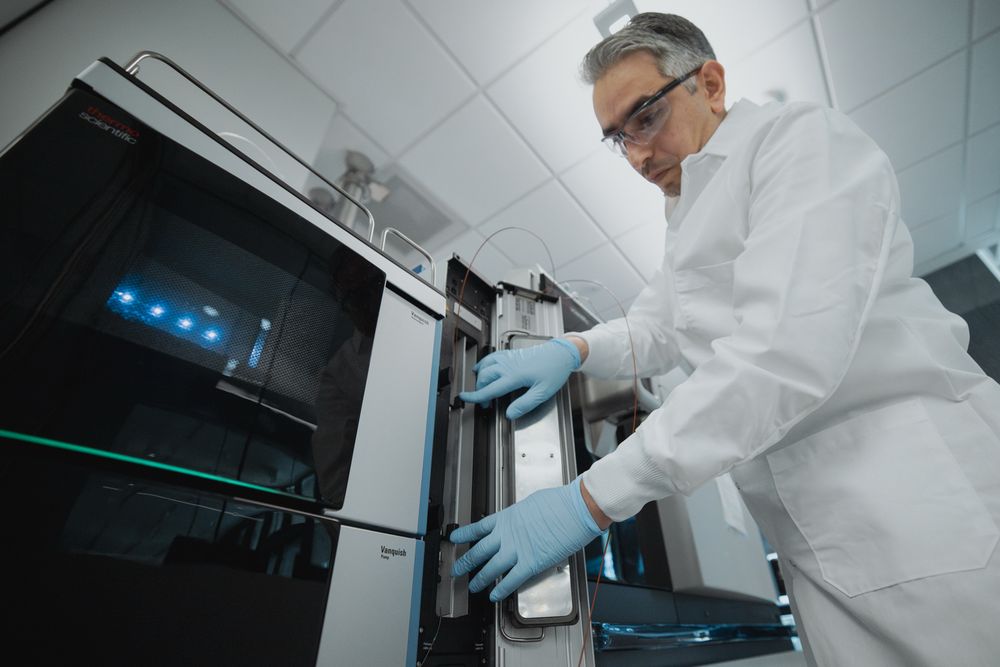
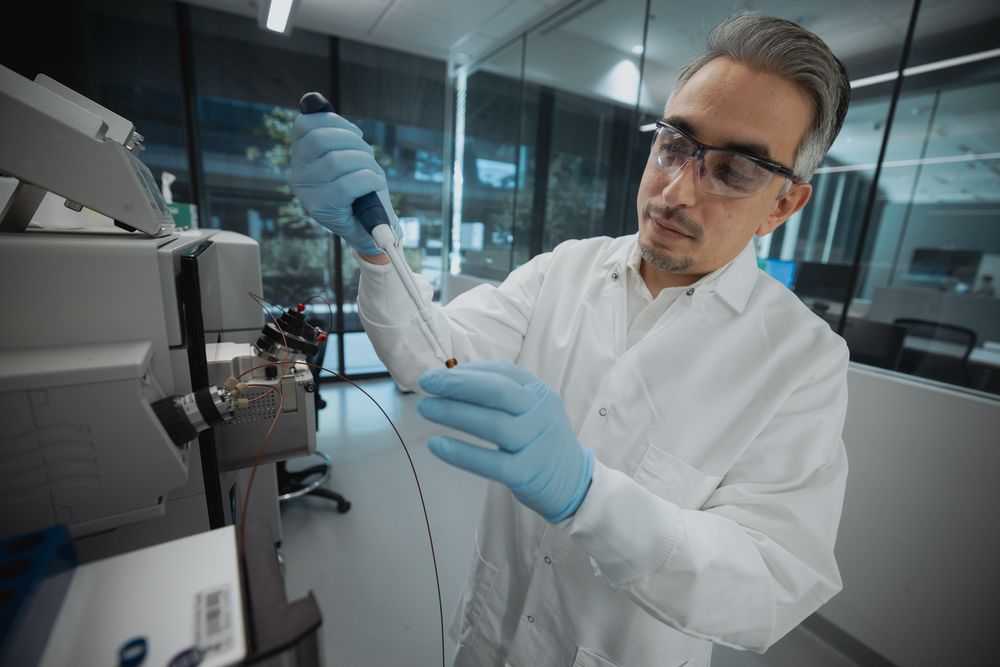
🔗 news.stanford.edu/stories/2025...

Anesthesiologists Martin Angst & Igor Feinstein are studying older adults before, during & after cardiac surgery to explore how stress impacts the brain—why some recover cognitively while others decline.
brainresilience.stanford.edu/news/under-l...

Anesthesiologists Martin Angst & Igor Feinstein are studying older adults before, during & after cardiac surgery to explore how stress impacts the brain—why some recover cognitively while others decline.
brainresilience.stanford.edu/news/under-l...


Congratulations to Vanessa Doulames, Lauren Duan, Shuke Xiao, and Shon Alimukhamedov, the 2025 poster session winners!




Congratulations to Vanessa Doulames, Lauren Duan, Shuke Xiao, and Shon Alimukhamedov, the 2025 poster session winners!






